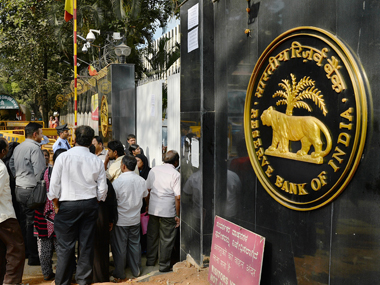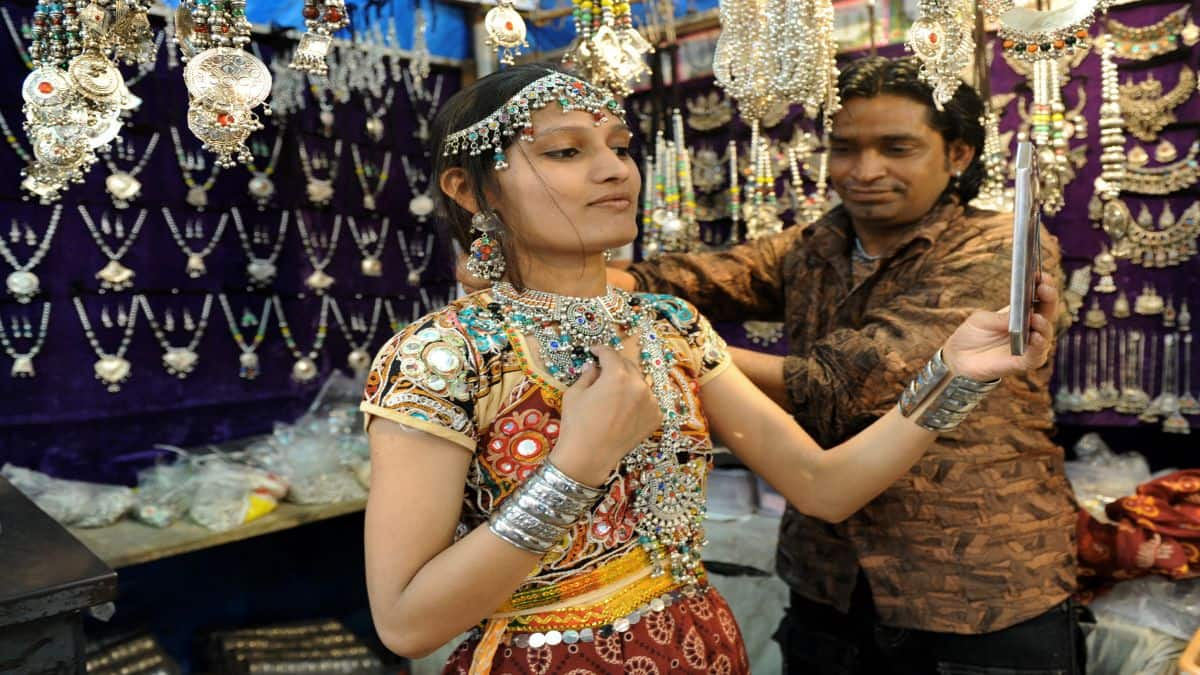This Wednesday, the Monetary Policy Committee cut the repo rate by 25 basis points to 6 percent - the lowest in seven years. This decision was widely anticipated, and there has been much speculation and analysis surrounding it amidst a sharp fall in retail inflation, weak demand and sluggish investment. A cut in interest rates is welcome news for the health of the economy. It is an important tool to boost investment and stimulate growth. It is also good news for the stock market. Lower interest rates incentivise investments in public equities, leading to lowered dependence on short-term money from foreign institutional investors. It also incentivises individuals who never viewed the stock market as an asset class to invest their savings in equities, which both deepens the market and makes it more inclusive and broad-based. Theoretically, then, rate cuts should lead to a healthy pace of growth in credit offtake. However, as per Reserve Bank of India (RBI) statistics in April this year, the growth in bank credit in FY17 was only 5.1 percent, the slowest in several decades. Why is there stagnation in borrowing and lending patterns in the country despite the downward trajectory of interest rates? This could be a combination of several factors. [caption id=“attachment_3823891” align=“alignleft” width=“380”]  AFP[/caption] For one, there are no new projects in key infrastructure sectors such as telecommunications and power, and hence no demand for bank credit from these sectors. I also believe this has something to do with how risk and debt are culturally and socially perceived in India. We are traditionally a conservative financial society that fosters a culture of savings. A corollary of this conservatism is the stigmatization of debt. Promoters are therefore averse to borrow, lest they be branded as crooks if their business venture fails. Bankers, particularly in the public sector, are similarly afraid to lend, lest they be branded corrupt if their debtor’s business fails. If you look at the culture of bankruptcy in the United States, debt itself is not stigmatized. A flamboyant man with flamboyant businesses, who has previously proclaimed himself to be “the king of debt”, is now the President. It is hard to imagine such a situation with a comparable individual in India. Even in the case of debt versus equity, neither will the business idea nor the reputation of a promoter who has raised equity be tarnished if the business fails. E-commerce being a good example. If they were leveraged and the business failed, their reputation could be destroyed. This is despite the fact that equity is higher risk alternative than debt for the investor or creditor, respectively. This is by no means an encouragement to borrow – personally, I prefer debit cards over credit cards. But the country does require a cultural de-stigmatization of debt. Otherwise the very basis of borrowing and lending is destroyed – risk is inherent in the process, but you can’t deny that debt is necessary for growth. The exercise must be to reduce risk, not to avoid it altogether. The government has a crucial role to play in engendering change. It must not make scapegoats out of promoters, or bureaucrats in public sector banks, to serve a larger political end. Unless there is irrefutable evidence of corruption, it must create a safe environment for promoters and lenders and encourage a healthy amount of risk. It must build a society that carefully defines and understands the difference between wilful defaulters and genuine business failure, and one that responds accordingly. The Insolvency and Bankruptcy Code, 2016 is a step in the right direction. It provides a legal framework for companies to voluntarily declare insolvency and the apparatus for different stakeholders to collect money. The legitimization of genuine business failures and subsequent defaults is the first step toward reducing the social and cultural stigmatization of debt.
Lower interest rates incentivise investments in public equities, leading to lowered dependence on short-term money from foreign institutional investors
Advertisement
End of Article


)

)
)
)
)
)
)
)
)



